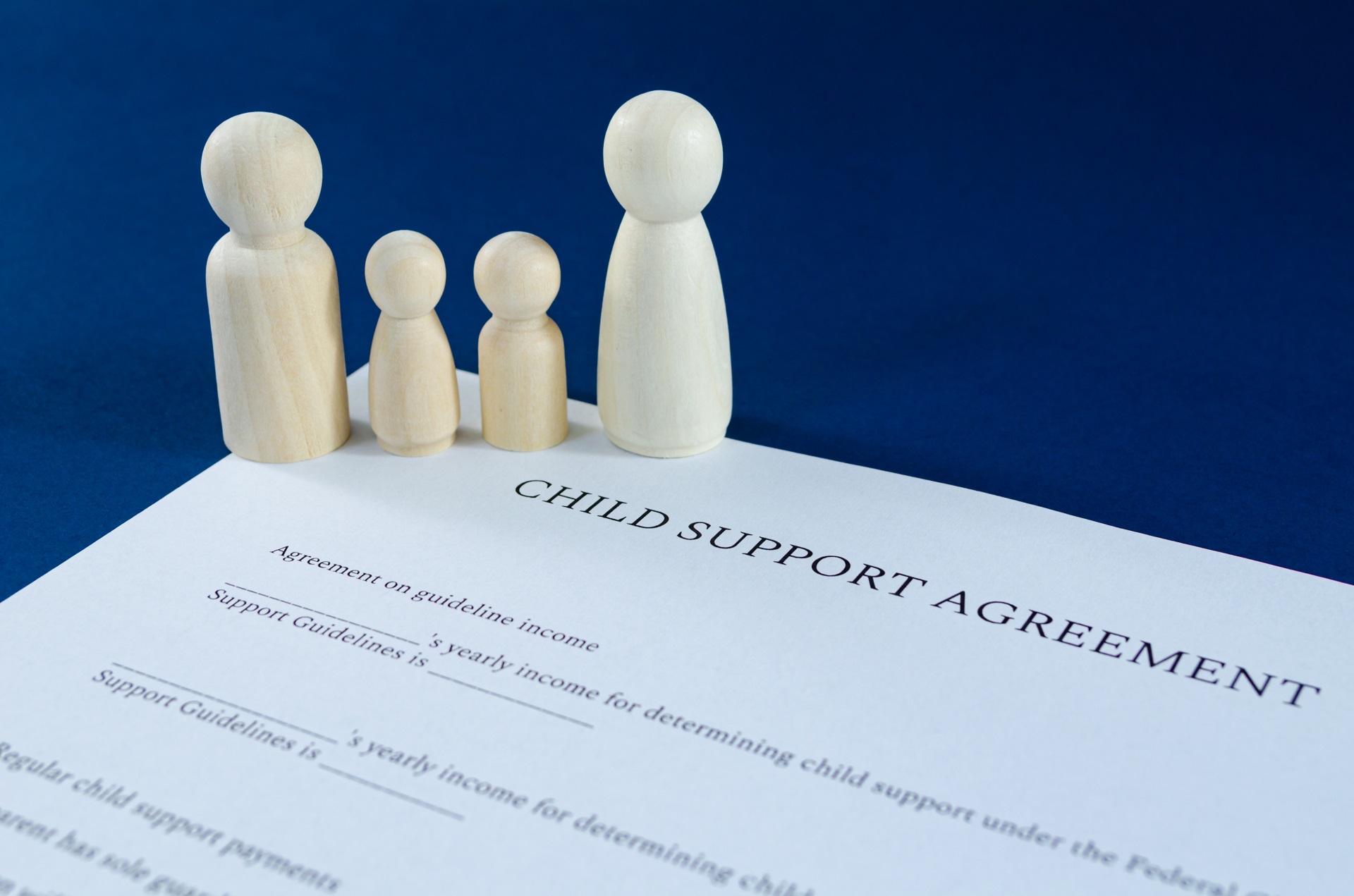Annulment and divorce are two terms that are often used interchangeably when discussing the dissolution of a marriage. However, they are two distinct legal processes that have many differences and similarities. By learning the differences, you can choose which will be best for your situation.
What is an Annulment?
An annulment is a legal process that declares a marriage null and void, meaning it was never legally valid in the first place. An annulment can only be granted if the marriage was entered into fraudulently, under duress, if one or both parties were underage, or if one or both parties were unable to consent to the marriage due to mental incapacity. An annulment can also be granted if the marriage was never consummated.
What is a Divorce?
A divorce is a legal process that ends a valid marriage. Unlike an annulment, a divorce does not declare that the marriage was never valid; it simply dissolves the marriage. Divorce is usually granted due to irreconcilable differences between the spouses or other reasons such as infidelity, abuse, or abandonment.
Similarities Between Annulment and Divorce
Despite their differences, annulment and divorce share some similarities. Both processes involve a legal proceeding that formally ends a marriage. Both require that certain legal procedures be followed, including filing a petition with the court, serving the other party with notice of the proceedings, and attending court hearings.
Differences Between Annulment and Divorce
The most significant difference between annulment and divorce is the legal status of the marriage. Annulment declares that the marriage was never legally valid, while divorce acknowledges that the marriage was valid but is now being dissolved. Another difference is the grounds for each process. As mentioned earlier, an annulment can only be granted under certain circumstances, while a divorce can be granted for a variety of reasons.
Another difference between annulment and divorce is the impact on property division and spousal support. In a divorce, the court will divide the property and assets acquired during the marriage and may also award spousal support. In an annulment, the court will determine how to divide the property and assets as if the marriage never occurred. Spousal support may also be awarded, but it is not as common as in a divorce.







